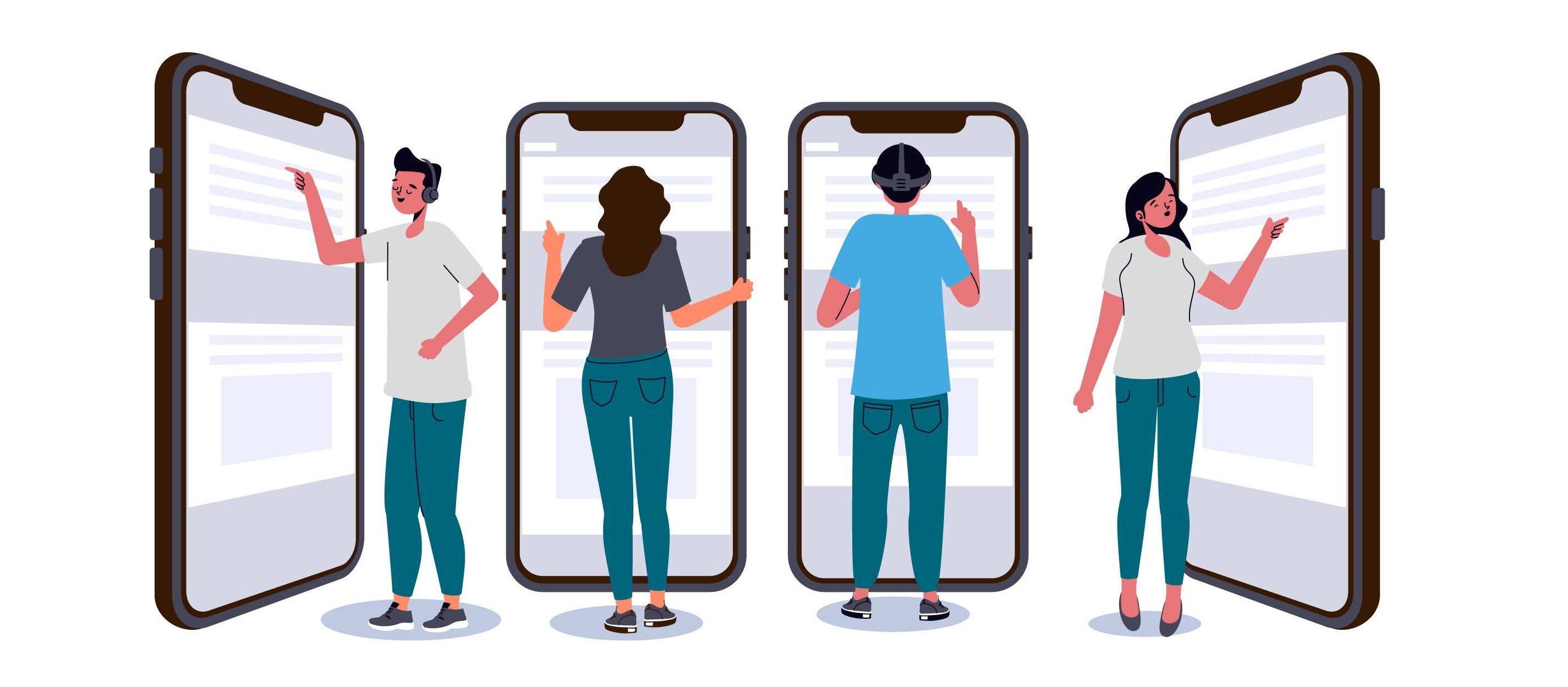 Mobile government has the potential to reach more people than other government channels. | Image: Freepik
Mobile government has the potential to reach more people than other government channels. | Image: Freepik
Mobile government offers enormous opportunities for development. Though these opportunities are not fully realized in most of our client countries, various implementations are already generating positive impact. This is relevant for both developing and advanced countries and has the potential to achieve more.
The recently published mGov How-to-Note presents potential use cases and examples in three focus areas of GovTech: core government operations, public service delivery, and citizen engagement.



The following aspects are of particular relevance in both advanced and low-tech environments.
- Identification: Mobile devices and network subscriptions can provide citizens with secure identification and document storage through mobile e-wallets. Moldova's MobiSign app provides citizens with an easy and secure means of identification, authentication, and digital signature. Similar solutions are well distributed in European countries like Greece, Belgium, and Austria, where 3.4 million active electronic identifications (eIDs) provide a large user base for digital government and a secure digital mobile-app driver's license. Brazil has implemented similar digital identification in partnership with the World Bank's ID4D initiative. In developing countries, simple mobile-based identification ensures that even those with basic feature phones can access important services such as subsidies and welfare payments ; for example, in Bangladesh, where 8.6 million farmers are authenticated using mobile phone numbers.
- Mobile Payments: Globally, around 1.9 billion adults are unbanked, but two-thirds own mobile phones. Mobile money agents in developing economies have seven times more outreach than ATMs and 20 times more than bank branches. M-PESA, an SMS-based money-transfer system, has 51 million African users, annually transacting $314 billion. Registration and cash transfers of 250,000 children in Myanmar have increased the proportion of children receiving a minimum acceptable diet from 9.9 to 41.7 percent. Even for transactions not carried out via mobile, an SMS receipt of payments can prevent corruption, as seen in a pilot in India, which increased payments to farmers by $1 million.
- Mobile One-Stop Shops: Governments can provide easy access to public services by bringing it directly to every person's hands. Austria's "Digitales Amt" (Digital Office) provides secure and user-friendly access to government services, offering features such as voting-card application, birth-certificate delivery, passport-renewal reminders, pdf signature, theft reports, and more. By combining public services with payment, discounts, and refunds, Italian IO App for public-service delivery reached an impressive penetration: 7,100 public entities like schools, transport institutions, and registry offices offer 88,000 services. India's UMANG offers access to over 2,000 government services in multiple languages and platforms. Bangladesh developed a mobile app called MyGov and an interactive voice-response platform "333" for low-literacy and low-tech citizens.
- Information Broadcasting: Information distributed by SMS or similar channels can enable real-time communications to citizens, for example, warnings on potential disasters, drought, weather, emergency and terrorism alerts, and accident locations. By simply calling the number 1294, people in Cambodia can sign up to get early warnings in advance on natural hazards like flooding. A case study in Madagascar showed that a simple reminder via SMS increased payments from late income-tax filers from 7.2 percent to 9.8 percent. The tax authority collected an additional $329 in revenue for every dollar spent on sending text messages.
- Citizen Engagement: Feedback services enable citizens to contact the government and initiate interactions. In South Africa, the government proactively collects citizens' feedback to fix local issues like inadequate water pressure. In Nigeria, citizens can upload photos and comment on nearby public infrastructure projects. In Ghana, the government proactively reaches out for feedback through text messages and automated calls to improve public-service delivery. Dominican Republic's REVISAME app empowers citizens to verify the compliance of products and report anomalies to the tax authority. Even without smartphones, simple messaging systems like SMS can be used to collect information. Between 2012 and 2018 in Pakistan, over 25 million citizens were contacted for a citizen feedback program. The district officials took more than 40,000 corrective actions.
Many more relevant areas can be addressed through mobile solutions in government-related areas. Fighting dengue with mobile-based coordination in Pakistan, tracking defective water handpumps via SMS in Uganda, and training health workers on childbirth in Somalia are only some examples in the health sector. Farmers can be supported by empowering them to make informed pricing decisions, as in India, China, Malaysia, Uganda, and Rwanda; by video training on sustainable agriculture practices, as in India and Ethiopia; and by helping them monitor animal health as in Kenya. Students without network and power supply can be provided with eLearning systems, as in Rwanda, Toto, and Benin; and the quality of educational institutions can be monitored, as in Peru.
This blog is the first series based on the mobile Government How-to-Note Read here for the first and third blogs.
Related Posts
How can mobile government (mGov) work in developing countries?
Five key takeaways from Austria’s mobile government (mGov) experience





Join the Conversation